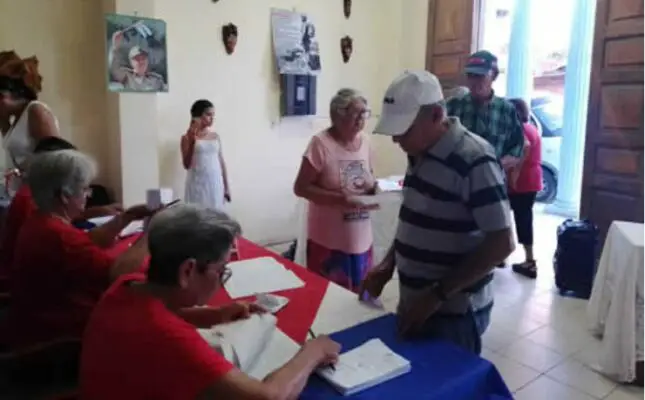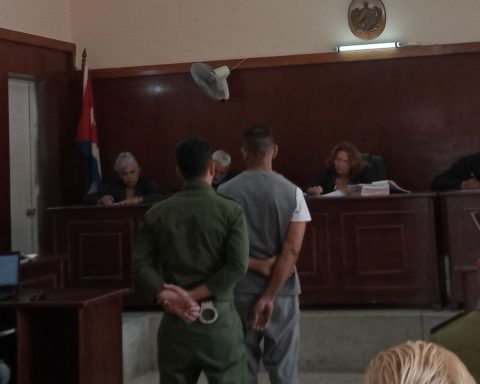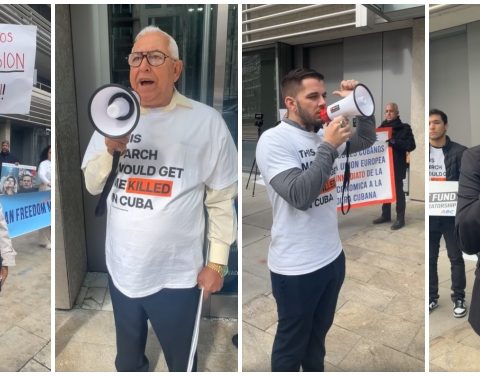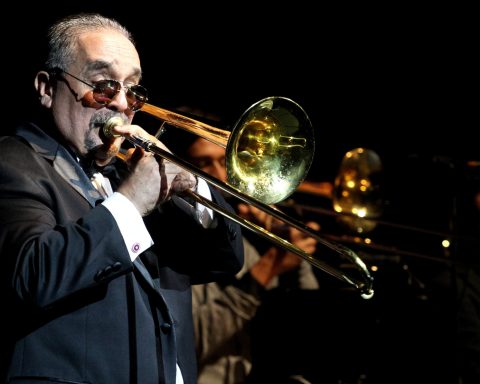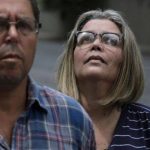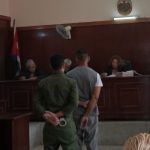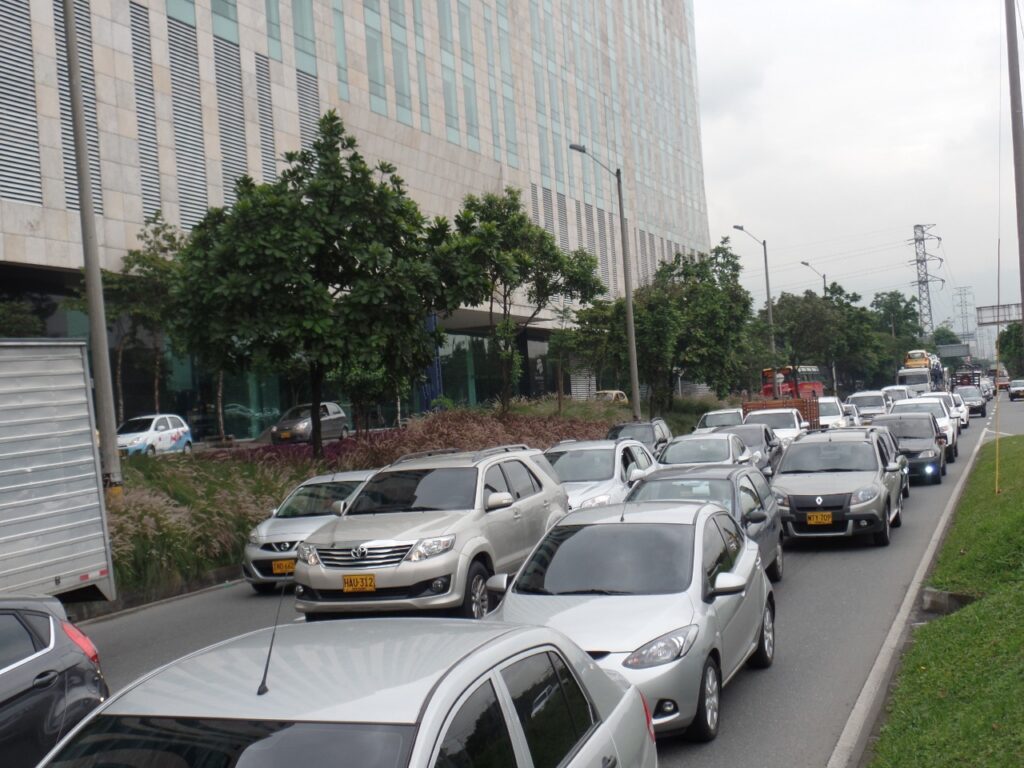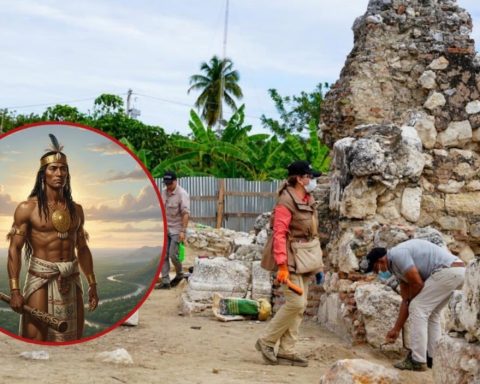MADRID, Spain.- The NGOs Observers of Electoral Rights, the Cuban Commission for Electoral Defense and Citizens Observers of Electoral Processes denounced anomalies in the electoral process carried out in Cuba on March 26.
In a joint statement, quoted by the EFE news agency, the NGOs pointed out that these votes have been the “most irregular” on the island since 1976.
According to these observers, the data offered by the National Electoral Council (CEN) “do not seem to correspond to the rigorous independent observation, with the spontaneous testimonies of citizens and with the profusion of images, all indices in the direction of showing the low citizen participation in voting throughout the country”.
It is worth noting that the CEN Indian that until 5:00 in the afternoon of this Sunday a total of 5,711,397 Cubans had attended the polls; figure that represents 70.34 percent of the electoral census.
The NGOs mentioned that there were electoral rolls not published on time, polling stations without visible censuses, polling stations where unregistered people voted, and places where not all those registered were allowed to vote.
They also referred to the abuse of “the exceptional practice of taking the ballots to voters’ homes, a form of coercion to vote through a procedure designed for people with disabilities or who due to specific circumstances cannot go to the centers voting”.
“Having denied the exercise of citizen and independent scrutiny casts serious doubts on the results that were offered throughout the vote,” the statement said.
In addition, they denounced the “coercion and repression” against activists and independent observers, observers who “intended to monitor the electoral process and participate in the scrutiny, as authorized and supported by law.”
During the day, the internet service to independent journalists in several provinces was cut off. The opponents Marisol Peña Cobas and José Luis Acosta were besieged in Camagüey; and in Havana, the activist Zelandia Pérez Abreu and the independent journalist Juan Manuel Moreno, among others. The activist Elsa Litsy Isaac was detained and beaten when she tried to participate as an electoral observer in Palma Soriano, Santiago de Cuba.
While the collaborators of CubaNet Enrique Díaz, Ángel Cuza and Osniel Carmona denounced the siege and surveillance during the day.
For these parliamentarians, the 470 candidates for deputies for the National Assembly of People’s Power were voted for; all selected by organizations of the Communist Party of Cuba (PCC), the only legal party on the island.
